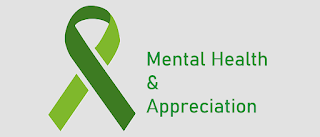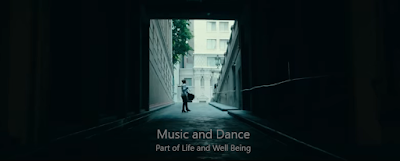Idea of Death and Life

As designer I am watching TED talks quite often and regularly - most often about design, creativity and everything which comes into play with it - but as well psychology. I have no idea why I missed this talk for so long. Today I listen to the TED talk of Beth Malone - and I love with how much love and feelings she honestly talked about her father, the situation and ways to deal with it. How my dad's dementia changed my idea of death (and life) - TED talk by Beth Malone With warmth and grace, Beth Malone tells the deeply personal story of her dad's struggle with frontotemporal lobe dementia, and how it changed how she thinks about death (and life). A moving talk about a daughter's love -- and of letting go and finding peace. I am standing in awe of Beth Malone - and everyone who shares honestly their thought - And I appreciate and I am grateful to everyone who is keeping and supporting these kind of open talks - talking about living and in worst case find your own ways





.PNG)